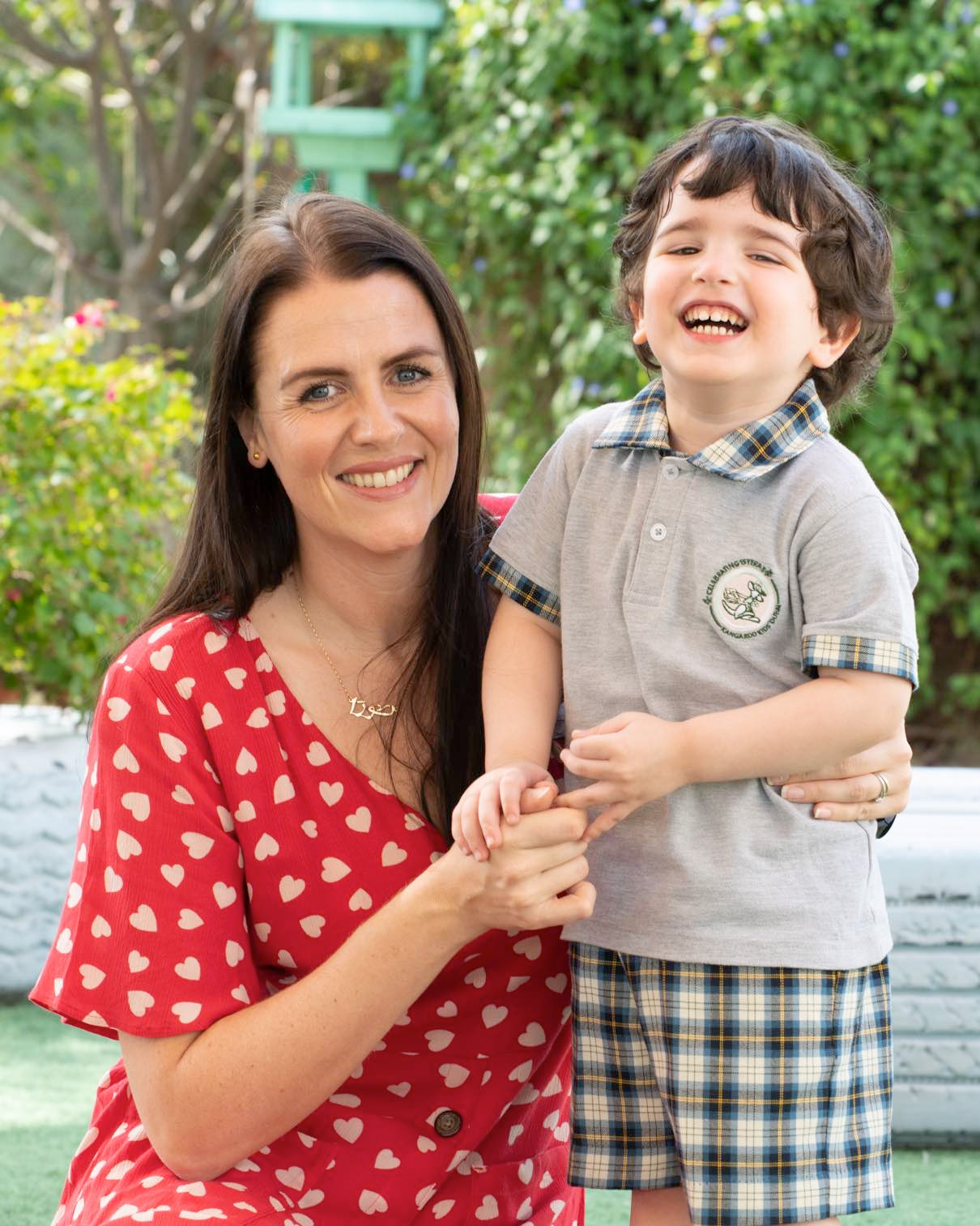
Nursery school marks a central stage in a child’s developmental journey, and understanding the intricacies of this process is essential for parents. Here, we will try to explore key aspects of a child’s development in nursery school, providing insights into cognitive, social, emotional, and physical growth during these formative years. What is the role of early years foundation stage in children’s life, read this information first.
Cognitive development:
In nursery school, cognitive development takes center stage as children engage in a variety of activities that stimulate their thinking processes. Teachers use age-appropriate materials and activities to enhance problem-solving skills, memory, and language development. Observing your child’s ability to grasp new concepts, follow instructions, and express themselves verbally offers valuable insights into their cognitive progress.
Social skills and emotional well-being:
Nursery school serves as a crucial social arena where children begin to steer interpersonal relationships. Observing your child’s interactions with peers and teachers provides valuable clues about their social development. Look for signs of cooperation, empathy, and the ability to express emotions. Additionally, understanding how your child handles separation, shares with others, and manages conflicts offers insights into their emotional well-being.
Language development:
The nursery school environment is rich in language experiences that contribute to a child’s linguistic growth. Pay attention to your child’s expanding vocabulary, their ability to communicate thoughts and feelings, and their engagement in storytelling or imaginative play. Language development is a strong indicator of cognitive and emotional maturation.
Motor skills and physical development:
Physical activities are integral to nursery school routines, promoting the development of gross and fine motor skills. Observe your child’s coordination, balance, and ability to manipulate objects. Participation in activities like drawing, building, and outdoor play fosters physical development and lays the foundation for more advanced skills.
Independence and self-help skills:
Nursery school provides opportunities for children to build independence and self-help skills. Monitor your child’s ability to complete simple tasks like dressing, feeding, and cleaning up after themselves. These activities enhance practical skills and also contribute to a growing sense of autonomy and self-confidence.
Attention span and concentration:
As nursery school introduces structured activities and learning experiences, observe your child’s attention span and concentration levels. The ability to engage in activities for an extended period is a key indicator of cognitive development. It’s normal for attention spans to vary, but noticing patterns can help gauge overall progress.







